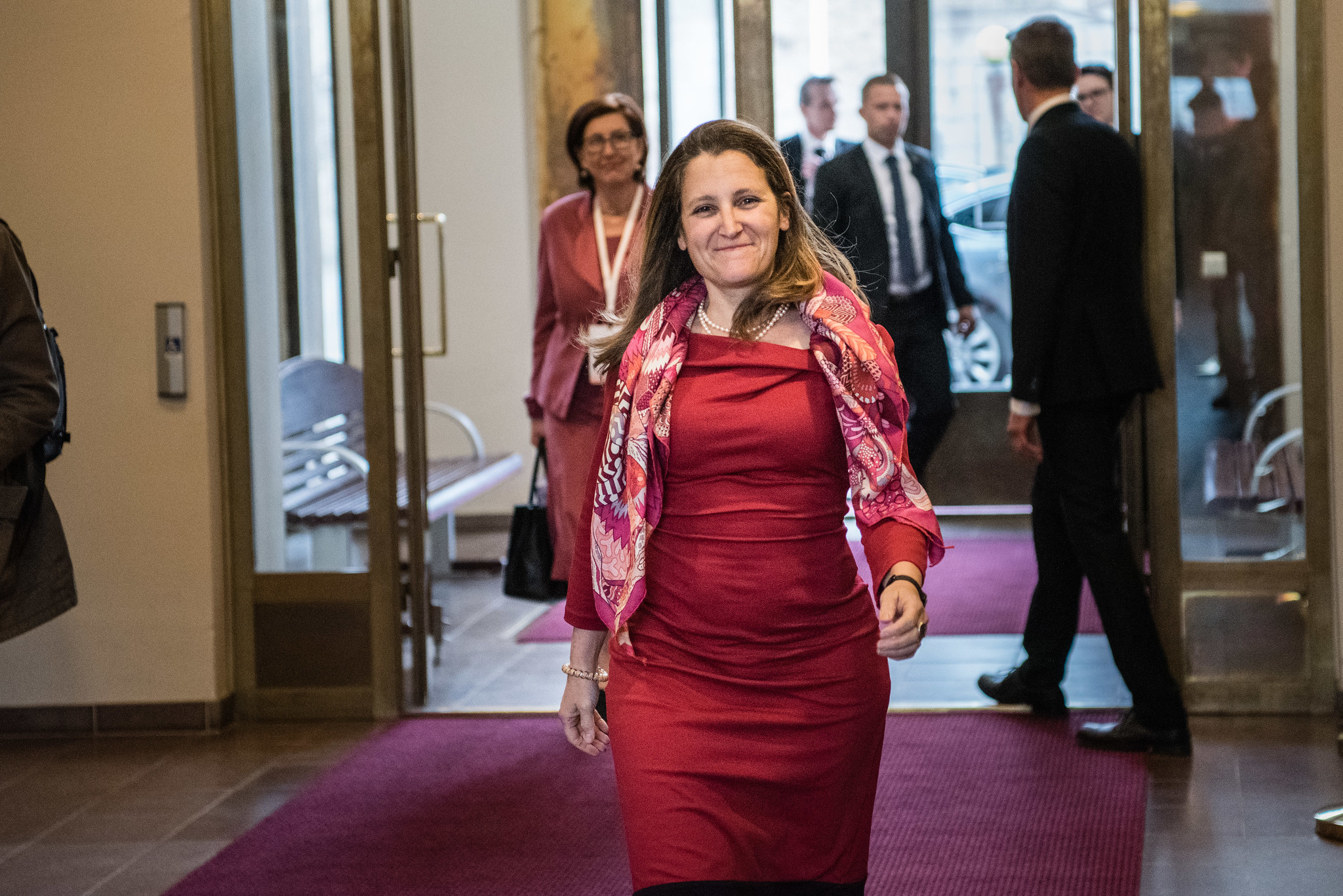Canadian Government Quietly Backs Down on its Implementation Plans for a Digital Services Tax - Michael Geist
The federal government has quietly backed down from its plans to implement a new digital services tax as of January 2024 that the Parliamentary Budget Officer estimated would generate billions in revenue. It did not make the headlines or receive much promotion, but after months of insisting that a digital services tax would take effect in Canada in January 2024, the government has now removed that implementation deadline in the Fall Economic Statement. The battle over the proposed tax had sparked increasing anger between Canada and the U.S., with dozens of U.S. Senators and Representatives signing letters urging the government to delay its plans. The Canadian plan remains to establish a retroactive three percent tax that will hit a wide range of businesses, but given fears moving ahead now would jeopardize a global agreement that is designed to address the digital services tax issue, Canada has seemingly faced the obvious reality and backed down.


The federal government has quietly backed down from its plans to implement a new digital services tax as of January 2024 that the Parliamentary Budget Officer estimated would generate billions in revenue. It did not make the headlines or receive much promotion, but after months of insisting that a digital services tax would take effect in Canada in January 2024, the government has now removed that implementation deadline in the Fall Economic Statement. The battle over the proposed tax had sparked increasing anger between Canada and the U.S., with dozens of U.S. Senators and Representatives signing letters urging the government to delay its plans. The Canadian plan remains to establish a retroactive three percent tax that will hit a wide range of businesses, but given fears moving ahead now would jeopardize a global agreement that is designed to address the digital services tax issue, Canada has seemingly faced the obvious reality and backed down.
